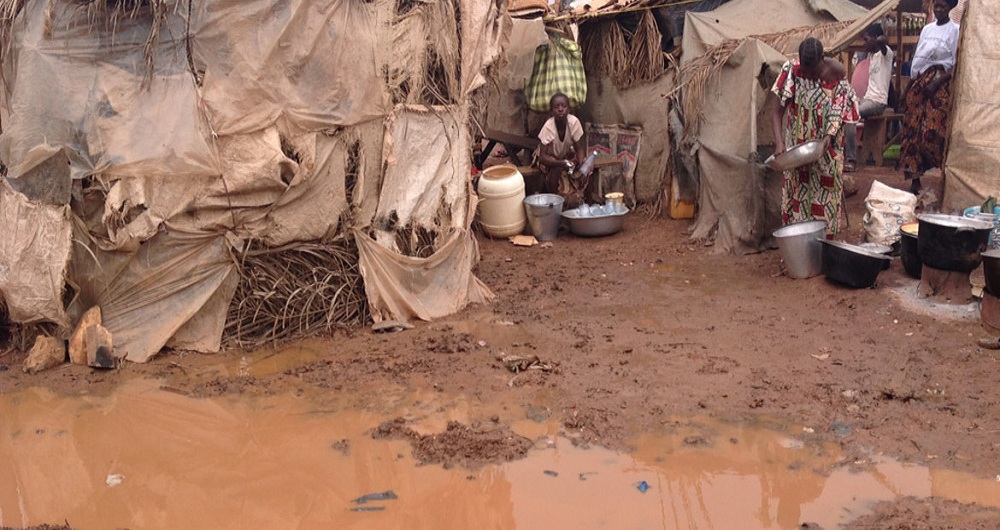Central African Republic is facing serious food shortages as election violence has cut off the country and stranded hundreds of trucks carrying supplies outside its borders, The Guardian reported.
Food prices have risen steeply since the landlocked country’s main supply route from Cameroon was cut off by armed groups trying to blockade the capital, Bangui, where the government declared a state of emergency on Thursday.
The price of staple foods has risen by more than 50% in rural areas, according to the UN, which said an attack last Monday by rebels on a convoy carrying humanitarian supplies was “totally unacceptable”. Three drivers were injured in the attack.
More than 1,600 trucks have been stuck at the border, a third of them carrying humanitarian aid, including food and medicine.
Under the new umbrella Coalition des Patriotes pour le Changement (CPC), armed groups launched an assault on Bangui ahead of the 27 December election, protesting against the exclusion of former president François Bozizé.
The CPC has seized towns around the country, but has been repelled from Bangui in clashes with government armed forces and the UN peacekeeping mission Minusca.
Hans De Marie Heungoup, senior central Africa analyst for Crisis Group, said the blockade of Bangui was “a deliberate tactic to strangle the capital economically, to force the government to the negotiating table”.
He said Bozizé had met with rebel leaders after his candidacy for the presidential election was thrown out by the constitutional court, his aim to prevent the elections taking place and to march on the capital.
Both the rebels and the traditional opposition groups have rejected the election results, which confirmed the return of incumbent Faustin-Archange Touadéra.
“Many trucks of the UN come through Cameroon. Some come by air but most pass on land, through Cameroon,” said De Marie Heungoup.
“It’s not just the usual business activity that has stopped. With the fighting ongoing in several provinces, people are not receiving the assistance they usually do and this is a challenge,” he said, adding that some humanitarian groups had also been looted.
More than 100,000 people have been displaced since violence began last month, including 84,000 who have fled to neighbouring countries, according to the UN. About 10,000 refugees arrived in the Democratic Republic of the Congo on 13 January alone.
